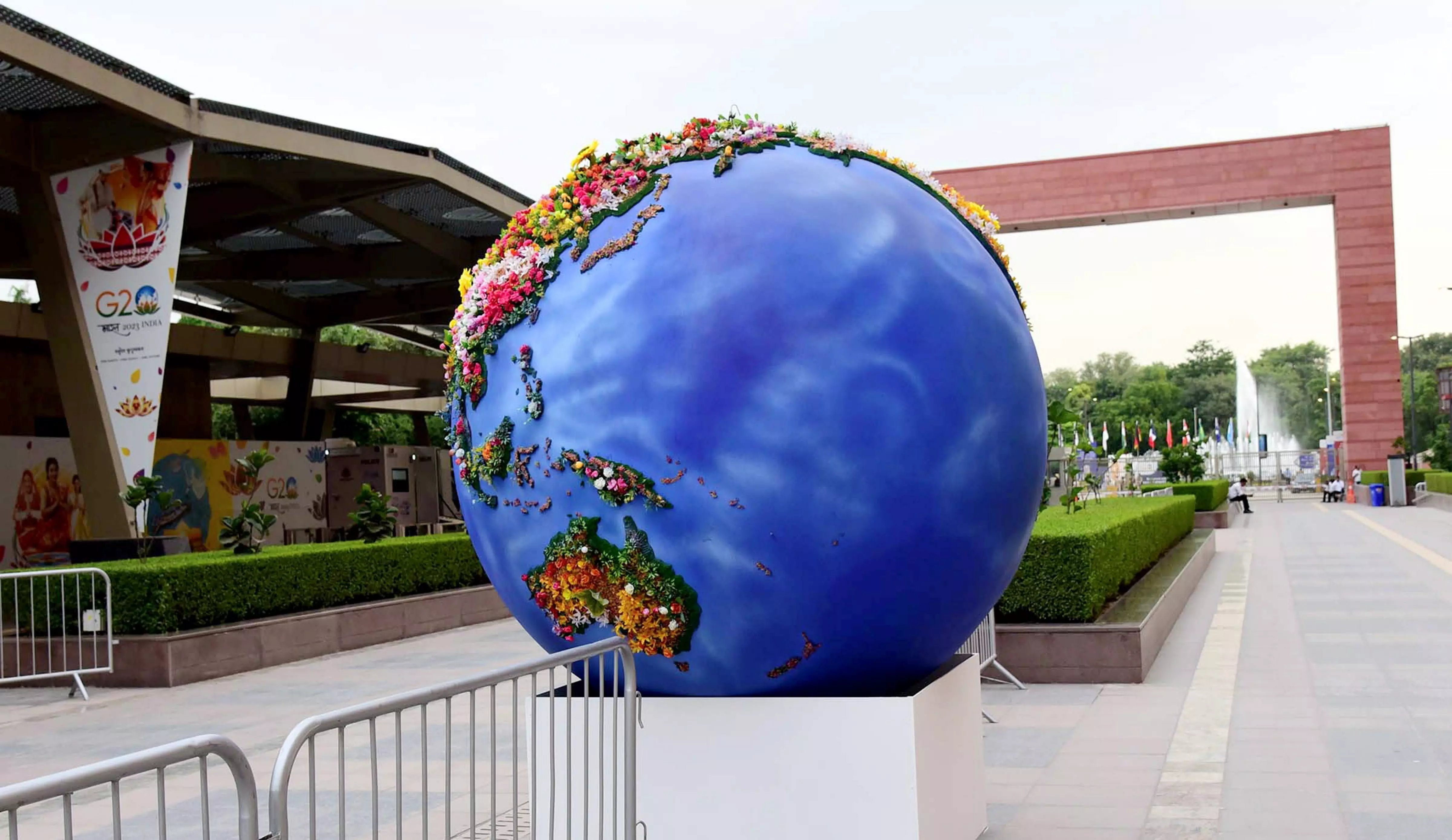
- Home
- India
- World
- Premium
- THE FEDERAL SPECIAL
- Analysis
- States
- Perspective
- Videos
- Sports
- Education
- Entertainment
- Elections
- Features
- Health
- Business
- Series
- In memoriam: Sheikh Mujibur Rahman
- Bishnoi's Men
- NEET TANGLE
- Economy Series
- Earth Day
- Kashmir’s Frozen Turbulence
- India@75
- The legend of Ramjanmabhoomi
- Liberalisation@30
- How to tame a dragon
- Celebrating biodiversity
- Farm Matters
- 50 days of solitude
- Bringing Migrants Home
- Budget 2020
- Jharkhand Votes
- The Federal Investigates
- The Federal Impact
- Vanishing Sand
- Gandhi @ 150
- Andhra Today
- Field report
- Operation Gulmarg
- Pandemic @1 Mn in India
- The Federal Year-End
- The Zero Year
- Science
- Brand studio
- Newsletter
- Elections 2024
- Events
- Home
- IndiaIndia
- World
- Analysis
- StatesStates
- PerspectivePerspective
- VideosVideos
- Sports
- Education
- Entertainment
- ElectionsElections
- Features
- Health
- BusinessBusiness
- Premium
- Loading...
Premium - Events

The Modi government will go on an overdrive to extract some sort of a resolution at the summit, even if watered down, to salvage something for itself in a hopeless situation.
If, and as expected, the G20 summit is unable to come up with a leaders’ resolution that may not surprise the group. But, given the hype and the build-up given to the Delhi meeting by its current president, the Indian government, the effect will resonate farther and deeper than it would have otherwise.
India's facelift to G20 Summit
Prime Minister Narendra Modi and his government have lifted a businesslike G20 summit to a scale that none others have in the last 14 years. With some 40 nations arriving in Delhi for the summit on September 9 and 10, it is also reported to be the largest such gathering of the group so far.
The presidency of the G20 is an administrative position that rotates from one nation to another within the group annually. By itself, it does not carry any specific recognition in terms of leadership etc. but is a necessity as the group has no permanent headquarters. The presidency is to ensure there is no break in the activities of the group and the end of the tenure is marked by a summit of the G20 leaders.
Since India took over the rotating presidency from Indonesia last November, the government has organised around 200 meetings of various sub-committees across the country – again something that has never been done on this scale by previous presidents. Consequently, G20 has become a much-recognised term in popular lingo across the country.
Naturally, the Modi government will have to show something to crow about after the summit, especially since general elections are due within one year. The dispensation, reportedly opted to head the presidency for 2022-23, making it as near as possible to the all-important Indian general elections in 2024.
Resolution on Ukraine
Unfortunately for New Delhi’s plans, the global situation has only got more polarised between the West and the East at the back of the continuing war in Ukraine. This has drastically reduced the possibility of a leaders’ resolution. Interestingly, none of the sub-committee meetings of the G20 across India was able to come up with a resolution, for the same reason.
Of course, the Modi government will go on an overdrive to extract some sort of a resolution, even if watered down, to salvage something for itself in a hopeless situation. The leaders’ resolution is being constantly referred to in the media as it the high point of any G20 summit. So far, none of the earlier summits have ended without it.
The Modi government had hoped, on taking over the G20 presidency, to position itself as an arbiter in the Ukraine conflict and push for a diplomatic solution. That has not happened, but it appears that the dispensation in Delhi is trying to at least hammer a deal with Russia that will allow Ukraine to ship its grains to the rest of the world. A few weeks back, Putin had scrapped an existing deal in protest against Ukraine’s retaliatory attacks on Russia, backed by the West. If Modi manages to persuade Putin, it would be a worthwhile face-saver for the Indian prime minister who has invested heavily in the summit.
Last November, in Indonesia when it looked like there would be no resolution, its President Joko Widodo personally met with Russian and Chinese negotiators to hammer out a last-minute deal. The resolution eventually did condemn Russian aggression in Ukraine. It was possible, according to reports, because the Ukraine conflict was in its ninth month and the Russian position had not hardened as now.
Poor cousin of G7?
The G20 itself is considered a powerful but a low-profile group which largely focusses on the global economy. Its origins can be traced to the powerful G7 group of advanced countries. In 1999, the G7 absorbed emerging economies like India, turning it into the G20. For nine years, countries were represented by their financial ministers. After the global economic crash of 2008, it was upgraded into being represented by heads of governments.
In the time since it was formed, the G20 has had no big-ticket achievements but has been quietly successful in forging international networks on economic cooperation, helping nations requiring financial assistance and useful interventions during the COVID-19 pandemic.
In effect, though on paper it is touted as a group that encompasses countries that account for 75 per cent of international trade and 80 percent of so-called Gross World Product (GWP) covering two-thirds of the world’s population, in reality it is a functional grouping not given to glitz and public show. This is what has reportedly surprised some members of the group who are not used to the kind of spectacle that is unfolding in front of them in Delhi.
Inner discord
The Delhi summit also comes at a time when the world is definitively turning from a unipolar world with the United States at the top into a multipolar one with China and Russia challenging Washington’s hegemony. Within the G20, lines are clearly drawn now between the various countries. While the West is getting more and more involved in the Russia-Ukraine conflict on the side of Kyiv, China is firmly backing Russia.
India, the host, is attempting to be neutral but its position, seen to be tilting towards Russia, has angered several Western nations. Canada, for instance, has publicly expressed disappointment that Ukraine was not invited for the summit. Ukraine, though not part of the group, has also similarly not taken kindly to India’s refusal to condemn what Kyiv claims is Russia’s aggression.
Whether it is a coincidence or not, Canada’s Justin Trudeau’s government has suspended ongoing trade talks with India. Though the official reason is that time was required to process what has already been discussed, reports point out that there is political pressure within Canada to desist from moving closer to the Modi government in the light of what non-profits there term as India’s backsliding on internal democracy and the questionable treatment of minorities in the country.
The other issue that is pulling apart the G20 is the BRICS countries within the group some of whose differences with the West have deepened. As a result, the existence and future of G20 itself may be in question given that Russia and China have clear anti-West positions.
The BRICS itself, within the G20, is a divided house with the India-China relationship at a low in the context of the border dispute between the two and the increased aggression of Beijing in the Ladakh region.
For the Modi government, which cannot control the narrative of the global media in the event of a failure to come up with a substantial leaders’ resolution, the coverage of the summit within India is probably more important. On this score it need not worry much.
The ruling BJP’s expansive social media wing with the help of pro-government media will go out on a limb to ensure that the summit is milked dry to project it a success and trumpet the emergence of Modi on the world stage.


